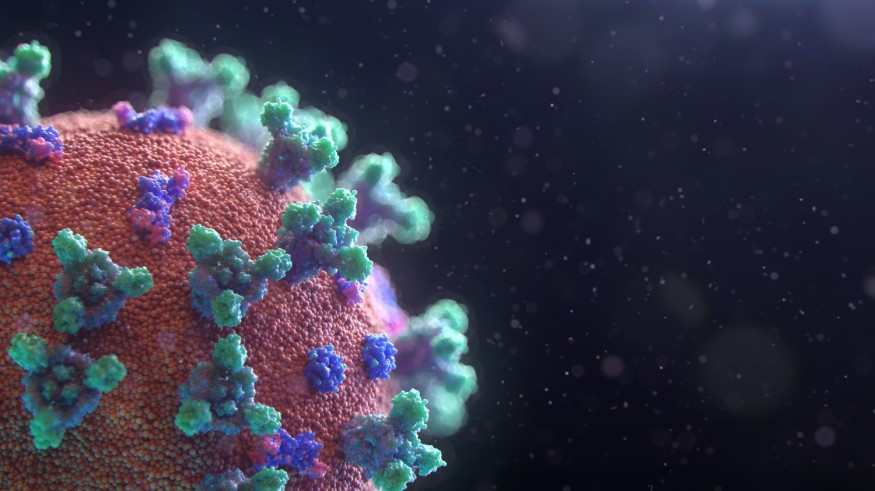Omicron, the newest variant of SARS-CoV-2, is the quickest so far to be labeled a"variant of concern" by the World Health Organization (WHO). The health agency warned that the variant, also designated as B.1.1.529, is seemingly fast spreading in South Africa.
WHO's Technical Advisory Group on Virus Evolution (TAG-VE) said that Omicron has several mutations that affect its behavior, like the severity of illness it causes and speed of transmission.

Fiji Health Ministry Warns Omicron Quickly Reinfects People With History of COVID-19
The Ministry of Health and Medical Services of Fiji said that early data suggest that those who previously got infected by COVID-19 could easily get reinfected with the Omicron COVID-19 variant, The Fiji Times reported.
The ministry's permanent secretary Dr. James Fong has advised that although there is still limited information regarding the new variant, more will become available in the next days and weeks.
However, he warns that the new variant is a reminder that the pandemic is not yet over and that Fiji will continue to face the threat of the virus. He added that citizens of Fiji will only be safe when they continue health protocols, such as the 2m physical distancing, wearing of face masks in public places and public service vehicles, and opening windows to improve ventilation, keeping hands clean, and sneezing or coughing into a tissue or bent elbow, and most importantly, getting vaccinated.
How Prior SARS-CoV-2 Infection Help Protect Against Omicron
According to WHO, preliminary evidence suggests that there may be an increased risk of reinfection with Omicron compared to other variants of concern, although information is limited for now.
The UN health agency is working with its technical partners to understand the potential impacts of these variants in existing countermeasures, such as vaccines. Despite several mutations and variants, WHO said that vaccines remain critical and effective in reducing severe cases of COVID-19 and death.
Meanwhile, RT-PCR tests continue to detect infections even the new variant Omicron. Studies are also ongoing to determine whether there is any impact on other types of tests in detecting the new variant.
As of now, corticosteroids and IL6 Receptor Blockers remain effective for managing patients with severe COVID-19. WHO will continue to assess other treatments to see if they are still effective against Omicron, given its several mutations and changes to some parts of the virus.
Why is Omicron a 'Variant of Concern'
Omicron COVID-19 variant was first detected in South Africa from a sample taken on November 9. CNN reported that health officials said that the variant got noticed because of a surge of infections in the region.
"This new variant ... seems to spread very quick!" Stellenbosch University geneticist and South Africa's Center for Epidemic Response & Innovation director Tulio de Oliviera exclaimed.
Moreover, genetic sequencing showed that the new variant has several troubling mutations on its spike protein. It is alarming because most of the leading vaccines, such as Pfizer/BioNTech, Moderna, Johnson & Johnson, and AstraZeneca, target the spike protein. A change in spike protein means that it is less recognizable to immune system proteins stimulated by the vaccine.
RELATED ARTICLE: Moderna, Pfizer, Other Vaccine Makers Currently Testing Their COVID-19 Vaccines Against the New Omicron Variant
Check out more news and information on COVID-19 in Science Times.
© 2026 ScienceTimes.com All rights reserved. Do not reproduce without permission. The window to the world of Science Times.










